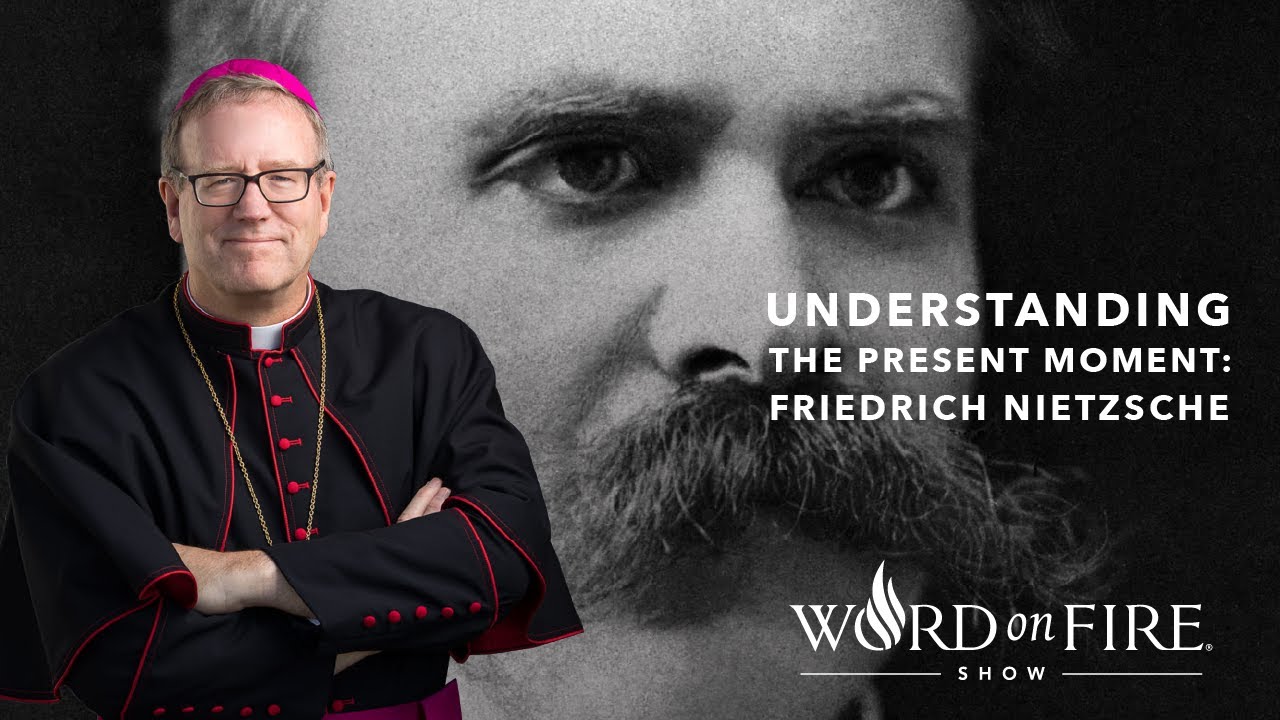Nietzsche on Why you should Seek Power (the will to power explained)
Summary
TLDRThe video script delves into Nietzsche's concept of the 'will to power,' illustrating its manifestation in human endeavors and biological drives. It contrasts the strong, who seek self-overcoming and meaning, with the 'last man,' who seeks comfort and equality, leading to societal decay. The script also explores the 'will to meaning' and the 'will to the profound,' advocating for the pursuit of power and self-transcendence as paths to a meaningful life and divine connection.
Takeaways
- 💪 The 'will to power' is the driving force behind human behavior, characterized by a desire for increasing one's capabilities.
- 🏋️♂️ This will is evident in various forms of striving, such as athletes training, artists honing their craft, and individuals overcoming personal challenges.
- 🦁 The will to power is inherent in biology, with hormones like testosterone and endorphins increasing with victory and progress.
- 🌱 Progress and evolution are essential for life to avoid stagnation, which Nietzsche warns leads to dullness and sickness.
- 🚫 Nietzsche argues that without the increase in power, all aspects of life, including love and creativity, lose their vibrancy.
- 🔝 Power is considered the highest value, with other values like compassion and wisdom being secondary and dependent on it.
- 🌟 The pursuit of power should precede the pursuit of happiness, as happiness is a byproduct of progress and increases in power.
- 🧗♂️ There are different types of individuals with varying expressions of the will to power: the strong, the weak, and the very weak or 'last man'.
- 🏰 The 'last man' represents a societal decline, seeking comfort over growth, leading to a preference for equality and safety over personal power.
- 👥 The weak, power-hungry individuals often rise to positions of control, manipulating others to compensate for their own insecurities.
- 🌐 The prevalence of such leaders can lead to authoritarianism and a global state of enslavement, as seen historically in certain regimes.
- 🔍 The will to meaning is also discussed, suggesting that in distress, individuals seek survival and meaning, often finding strength in having a purpose.
- 🌟 The ultimate quest for man is the will to conquer, which brings one closer to the divine and is essential for self-overcoming and growth.
- 🌌 The will to the profound and the discharge of strength in experiences like love, religious rapture, and creative flow are the pinnacle of life's的追求.
Q & A
What is the 'will to power' according to Nietzsche's philosophy?
-In Nietzsche's philosophy, the 'will to power' is the fundamental driving force behind human behavior, characterized by a desire for an increase in the exertion of one's capabilities.
How is the will to power demonstrated in various aspects of life?
-The will to power is demonstrated through the actions of athletes striving to get stronger, artists honing their skills, and individuals overcoming personal challenges, as well as in the natural world with lions seeking mastery over their territories.
What role does the will to power play in human biology?
-The will to power is built into human biology, with hormones like testosterone and endorphins increasing with victory and fulfillment, and happiness often resulting from progress and increases in power.
What is the relationship between power and other values like compassion, integrity, and wisdom according to the script?
-In the script, power is considered the top value in a hierarchy, with other values like compassion, integrity, and wisdom being dependent on the strength or power to exercise them.
How does the script differentiate between the strong, the weak, and the very weak in terms of the will to power?
-The strong individuals seek to assert and express their strength, the weak seek power over others to compensate for their inadequacies, and the very weak or exhausted, referred to as 'The Last Man,' no longer aspire beyond themselves and seek a life of pleasure and ease.
What is the significance of the 'Last Man' in Nietzsche's view?
-The 'Last Man' represents the lowest type of individual who is exhausted in will, seeks comfort over self-improvement, and ushers in a society of equality where everyone is equalized at the bottom, leading to a rise of weak but power-hungry individuals.
How does the script connect the will to power with the concept of self-overcoming?
-The script connects the will to power with self-overcoming by stating that higher types seek dominion over themselves and their environment, necessitating the overcoming of resistance and a constant will to conquer.
What is the role of meaning in the context of the will to power according to the script?
-In the context of the will to power, meaning is sought by those in distress or facing adversity, as a way to survive and find purpose in suffering, drawing from Victor Frankl's experiences and philosophy.
How does the script interpret the 'will to the profound' and its significance?
-The 'will to the profound' is interpreted as the desire to experience being alive deeply, to discharge one's strength in moments of glory and rapture, and to connect with a divine or transcendent aspect of existence.
What is the connection between the will to power and the rituals of initiation and rights of passage mentioned in the script?
-The connection lies in the idea that these rituals and rites of passage were designed to access profound states of being alive, allowing individuals to go beyond themselves and commune with a higher power or divine presence through ecstatic celebration, pain, and prayers.
Outlines

此内容仅限付费用户访问。 请升级后访问。
立即升级Mindmap

此内容仅限付费用户访问。 请升级后访问。
立即升级Keywords

此内容仅限付费用户访问。 请升级后访问。
立即升级Highlights

此内容仅限付费用户访问。 请升级后访问。
立即升级Transcripts

此内容仅限付费用户访问。 请升级后访问。
立即升级5.0 / 5 (0 votes)






